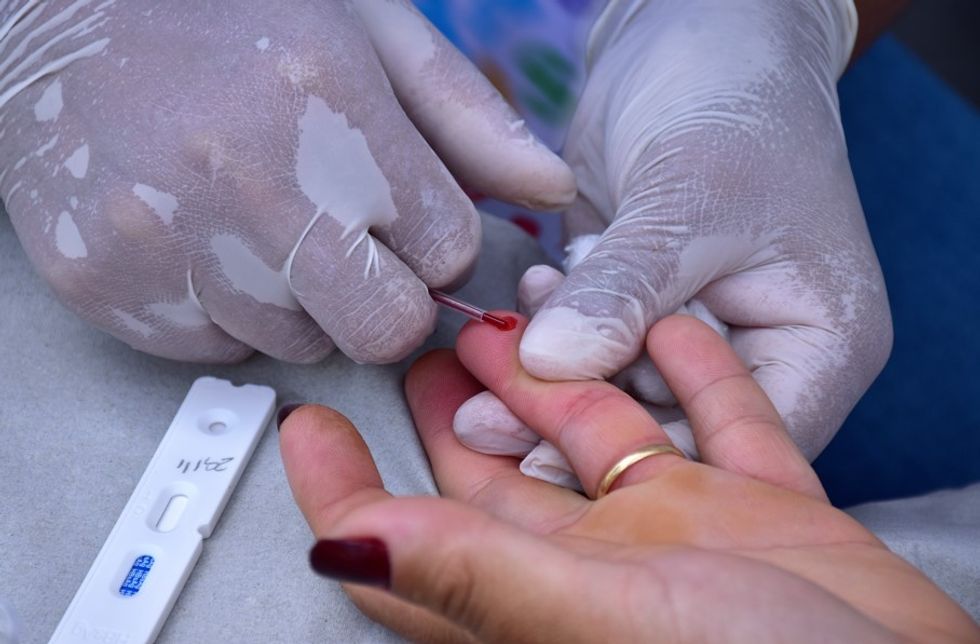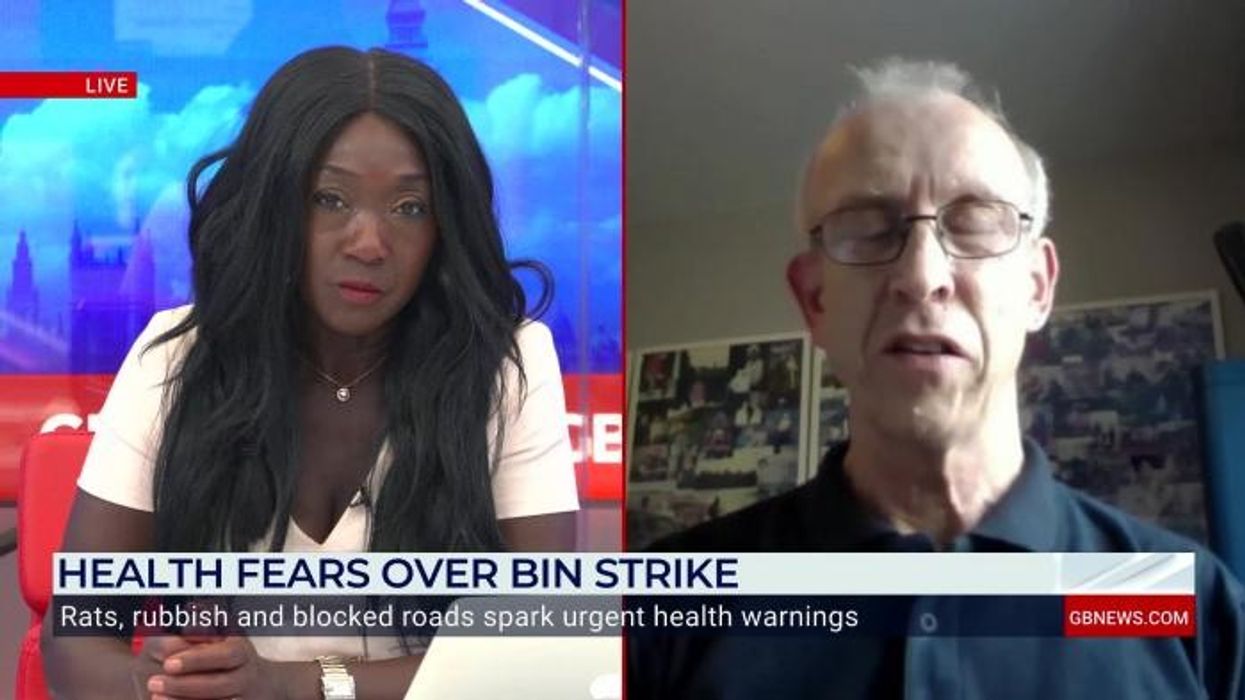'Get tested': England grappling with 19th-century STI as worst-hit areas revealed

Health officials have issued warnings about the escalating public health crisis
Don't Miss
Most Read
England is grappling with its worst syphilis outbreak in more than seven decades, with infection rates reaching levels not seen since 1948.
In the most severely affected areas, approximately one in every 1,000 residents has contracted the sexually transmitted infection.
The UK Health Security Agency revealed that 9,535 syphilis cases were detected in 2024, marking a 1.7 per cent increase from the previous year.
This represents the highest number of cases recorded in 76 years, prompting urgent warnings from health officials about the escalating public health crisis affecting communities across the nation.

Lambeth has emerged as the nation's syphilis capital
|GETTY
Lambeth has emerged as the nation's syphilis capital, recording nearly 138 cases per 100,000 residents last year.
This South London borough's infection rate translates to just over one in every 1,000 people carrying the STI, which can prove life-threatening if left untreated.
Other London boroughs followed closely behind, with Westminster reporting 131.4 cases per 100,000 people and Southwark recording 107.4. Outside the capital, Brighton and Hove registered the highest rates at 49 cases per 100,000.
The national syphilis rate across England stood at 16.5 cases per 100,000 people. Heterosexual men experienced the sharpest increase, with cases surging 23.8 per cent to 1,380, whilst men who have sex with men still comprised the majority of infections at 6,330 cases.
Health officials have also sounded the alarm over a surge in drug-resistant super-gonorrhoea cases. Whilst overall gonorrhoea infections decreased 16 per cent from 85,370 in 2023 to 71,802 last year, antibiotic-resistant strains have proliferated dramatically.
The UKHSA reported 14 cases of drug-resistant gonorrhoea as of May this year, exceeding the 13 cases recorded throughout 2024. Most concerning are six cases of extensively drug-resistant (XDR) gonorrhoea detected in 2025.
These XDR strains resist both ceftriaxone, the primary antibiotic treatment, and alternative medications, continuing to thrive despite medical intervention.
Officials noted that most drug-resistant cases were connected to travel to or from the Asia-Pacific region, where such strains are more common.
LATEST DEVELOPMENTS

The health crisis is affecting communities across the nation
|GETTY
Dr Hamish Mohammed, consultant epidemiologist at UKHSA, urged the public to adopt safer sexual practices.
"These infections can have a major impact on your health and that of any sexual partners, particularly if they are antibiotic resistant," he warned.
He advised: "If you've had condomless sex with new or casual partners either in the UK or overseas - get tested for STIs and HIV at least yearly, even if you don't have symptoms. Regular testing protects both you and those you're having sex with."
The Local Government Association cautioned that sexual health services are struggling to meet soaring demand.
Councillor David Fothergill, chairman of the LGA's community wellbeing board, stated: "These statistics show that local sexual health services are grappling with significant increases in demand. Without adequate investment, people will face growing barriers to accessing expert, timely care."











